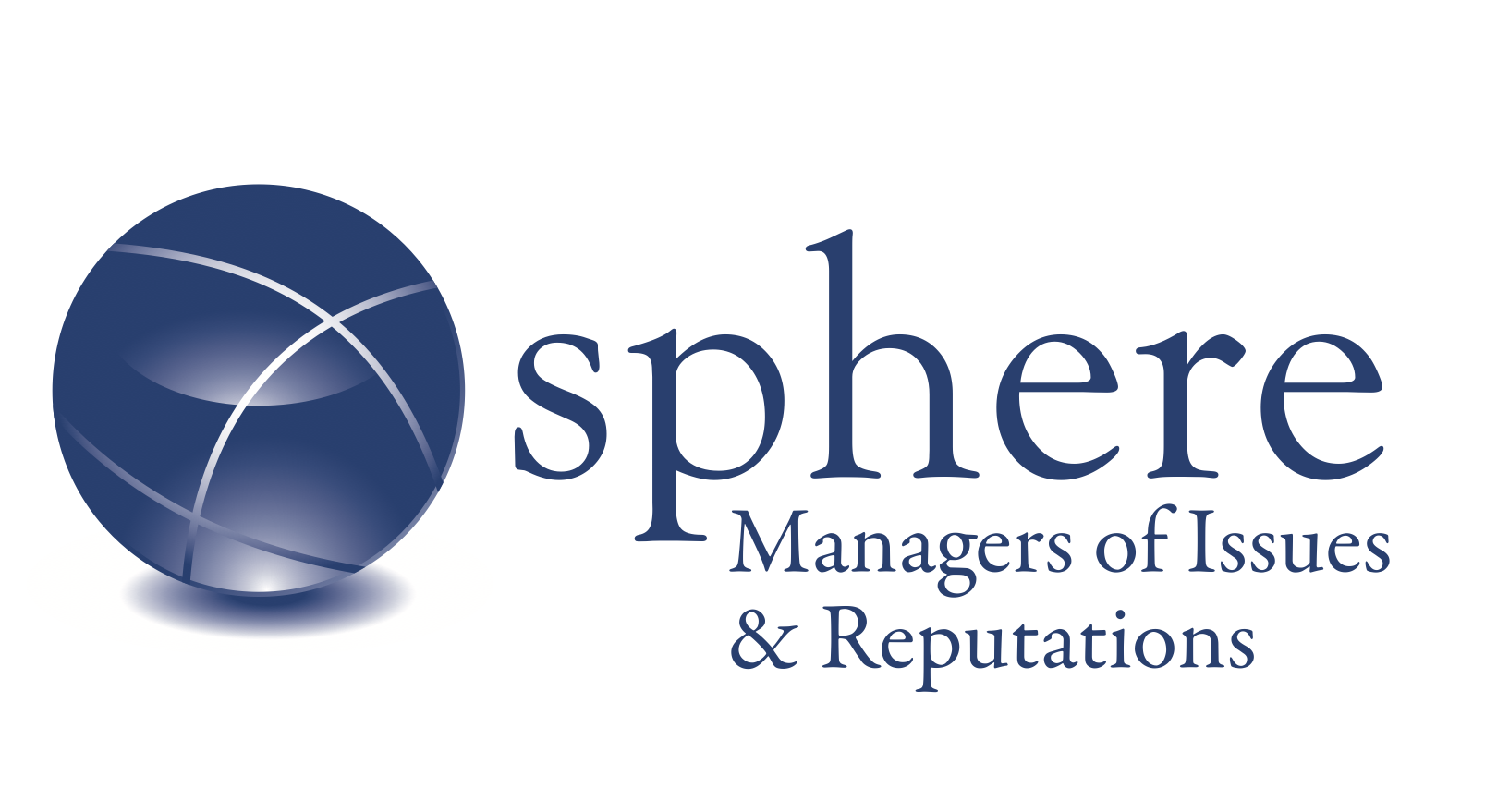10 Oct
2016
The Middle Class, Foreign Policy and the Constitution Under Siege: Sphere Consulting’s TenCount for October 10, 2016
- Happy Columbus Day! Congress remains on the road, but the Supreme Court is in full swing and the Bureaucracy – err, Executive Branch – never goes anywhere. Absent another hurricane, much of the week will be spent deconstructing Sunday’s Presidential Town Hall and previewing the third and final debate, scheduled for Wednesday, Oct. 19.
- We’re pretty sure the Middle Class came up a time or two in Sunday’s debate, and on Tuesday the American Enterprise Institute for Public Policy Research takes a hard look at the topic. Midday, it’s a book discussion on “The Upside of Inequality: How Good Intentions Undermine the Middle Class,” and in the evening it hosts a discussion on “The Decline of the White Working Class.” On Wednesday, the Hoover Institution hosts a conversation with J.D. Vance, author of the best-seller “Hillbilly Elegy,” an account of the crisis affecting the white working-class.
- Foreign policy remains a topic of concern to the electorate, and there are plenty of chances around town to catch up on relevant subject matter. On Tuesday, the Johns Hopkins School of Advanced International Studies hosts a discussion on “The Current State of U.S.-Russian Relations,” featuring the Russian Ambassador to the U.S., and on Thursday it hosts “The China Challenge: Shaping the Choices of a Rising Power.” Also on Thursday, the Middle East Policy Council hosts a discussion on “The Middle East and the Next Administration.”
- The verdict is clear, in some circles, that the Constitution is under siege. This week, the Heritage Foundation looks at two distinct battles: On Wednesday, a book discussion focuses on “Shall Not Be Infringed: The New Assaults on Your Second Amendment,” and on Thursday, a panel parses “The All-Out Assault on the First Amendment: Restricting Speech, Religion and Association.”
- Tech policy gets a look this week, as the Brookings Institution’s Initiative on Business and Public Policy hosts a discussion Thursday on “How to Make Fintech Work for All Americans.” And on Friday the Atlantic Council looks at cybersecurity and public safety with a discussion on “Unsure and Insecure in the Internet of Things.”
- The Securities and Exchange Commission will meet in open session Thursday morning to adopt new rules for liquidity management and reporting of information by mutual funds. Not on the agenda, however, is a proposed rule that would allow funds to automatically chose to electronically deliver semiannual shareholder reports to shareholders, savings millions of dollars and trees each year. The proposal fell under stiff opposition from the paper and envelope industry.
- Food is good – at least as long as it’s clean and not wasted. Two Thursday events look at the topic: The Bipartisan Policy Center hosts a discussion on “Bio/Agro Defense Policy: America’s Food Supply, Health, and Economy at Risk.” And the World Resources Institute focuses on efforts in the U.S. and U.K. to tackle food waste and loss, with “Reducing Food Loss and Waste: Insights Across the Atlantic.”
- Lone wolves, sleeper cells: domestic terrorism, and how to prevent it, is on the minds of many. Thomas Brzozowski, counsel for domestic terrorism in the Justice Department’s National Security Division, will discuss the topic Thursday at the GWU Elliott School of International Affairs’ Program on Extremism.
- Women on the March: The Johns Hopkins University School of Advanced International Studies on Wednesday hosts a discussion with Tina Brown on “Women Leaders Making a Difference on the Global Stage,” part of its Women Who Inspire series.
- If those topics have left little room for optimism, the Cato Institute has the antidote: On Wednesday, the author Johan Norberg discusses his book, “Progress: Ten Reasons to Look Forward to the Future.” The premise: “By almost any index you care to identify, things are markedly better now than they have ever been for almost everyone alive.”
